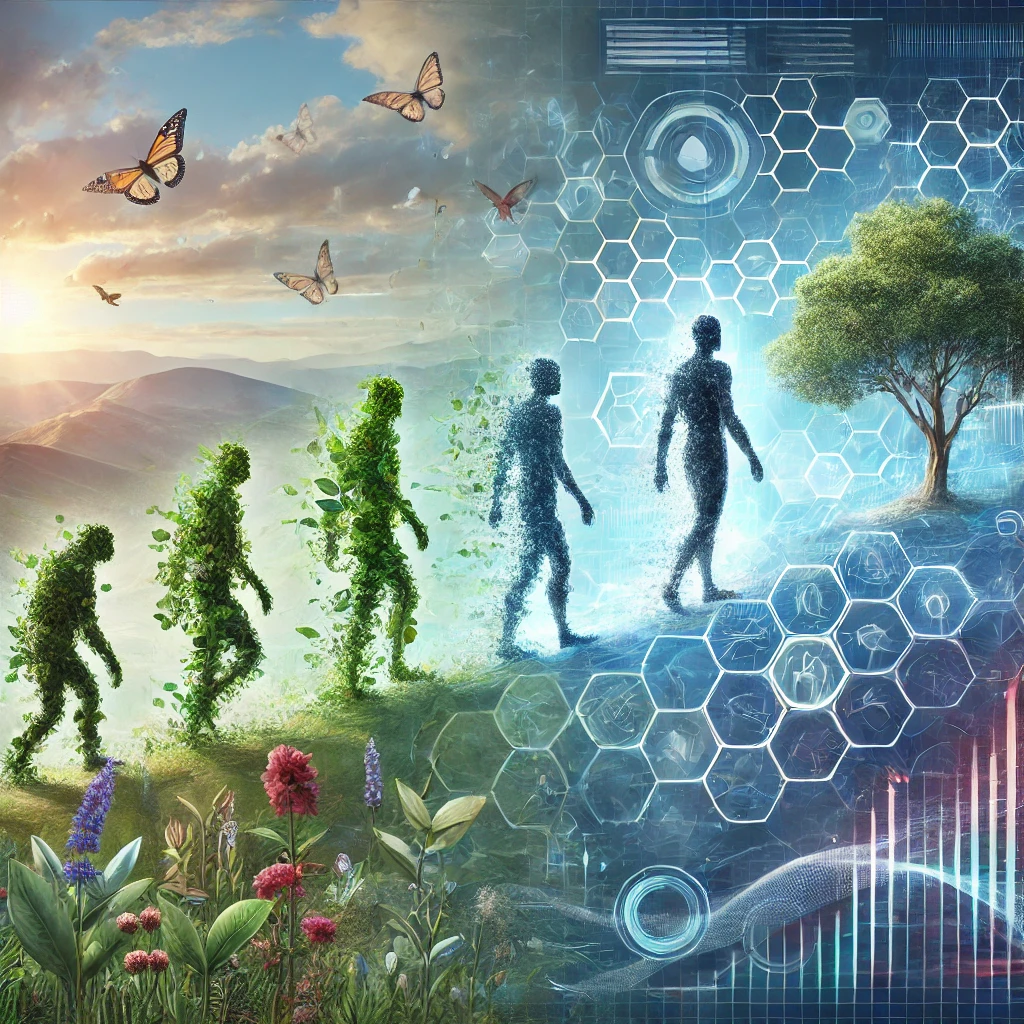In this article, I aim to emphasize how rapidly the world around us is changing and how our educational mechanisms must adapt to keep pace. Human weaknesses are inevitable, and we cannot escape them. However, by adjusting our systems, especially in education, we can address these challenges more effectively.
Imagine a person who has acquired a solid knowledge base and developed a deep understanding of the world, guided by their principles and values. Such a person is less likely to be swayed by external pressures and can more easily adapt to new environments due to their well-formed personality.
On the other hand, children present a different scenario. Many are simply given a phone to occupy their attention, depriving them of the structured education they need. As a result, studies have revealed increasing instances of intellectual decline in children.
Let’s dive in.
The Human Need for Adaptation
The development of “smart” technologies is having an ever-greater influence on society and the cultural norms within it, leading to profound changes in the human environment and, consequently, the structure of human society as a whole.
In this context, humanity must adapt to these global transformations to preserve its position as a species. To do this, society needs to redefine its place in the world and develop new regulatory mechanisms that can guide these changes.
However, the speed of technological progress is beginning to surpass humanity’s capacity for adaptation, potentially pushing us toward a crisis.
Technological Beings and the Cyborgization of Society
The introduction of new human-machine interaction forms has always led to the creation of not only new tools but also new actors in social interactions. In the past, these shifts often resulted in the emergence of new professions for humans. However, more recently, some technological entities—known as technosubjects—are beginning to take on the roles of full-fledged specialists.
A technosubject is a technical system capable of shaping its own future through self-development. The potential emergence of “post-humans,” i.e., cyborgs (enhanced humans augmented with self-regulating devices and systems), could represent one form of technosubject. In such cases, the boundary between biological organisms and machines becomes increasingly blurred.
In the realm of video games, the idea of the post-human or cyborg is vividly portrayed. Games like Deus Ex and Cyberpunk present this theme. In Deus Ex: Mankind Divided, the conflict between “natural” and “augmented” humans is highlighted, hinting at a possible real-world confrontation. The reality may be that cyborgs, with their enhanced abilities, could gain a competitive advantage in both job opportunities and survival.
It’s essential to note that a cyborg is a creature that combines both artificial (machine) and organic (natural) control systems, while an android is a fully artificial being indistinguishable from a human in appearance.
Socio-Cultural Shifts: The Internet of Everything
New social groups are emerging across society. One particularly notable group is the “centaurs,” a hybrid of humans and robots. These human-robot teams combine the strengths of each, creating a far more efficient workforce than either could be on their own. The alliance between humans and robots has the potential to evolve into a new form of community or even a quasi-group.
We are witnessing the emergence of new forms of sociality, such as “robot society” (as a manifestation of global artificial intelligence) and “human-robot symbiosis.” The cultural perception of robots is also changing, with humans increasingly attributing qualities such as reasoning, learning ability, and memory to them. People sympathize with robots when they malfunction, treat them as colleagues, establish norms for interacting with them, and even express jealousy toward them.
Many are already familiar with the Internet of Things (IoT) and the Industrial Internet of Things (IIoT). While IoT aims to enhance personal comfort through household applications, such as Smart Home systems, IIoT focuses on optimizing industrial efficiency, particularly in energy management and production lines.
When IoT and IIoT merge with the “Internet of People,” we arrive at the “Internet of Everything.” This convergence leads to the formation of a new “Human-Machine” world where physical and digital realms unite, creating a powerful AI-driven space that transforms human reality.
The Total Decentralization of Society
Virtual reality technology is accelerating the trend toward the decentralization of society. Soon, communication systems will evolve to such a level that people will feel physically present with their conversation partners. In such a world, why would anyone need to travel to meet in person?
In the near future, people will no longer be tied to physical workplaces, as robots will take over most jobs. Offices will disappear, and technologies like blockchain will make interactions fully transparent, eliminating the need for traditional oversight by employers and clients.
Experiences such as theater, sports, or even travel will be delivered directly to people’s homes, reducing the need to live in large cities burdened by noise, pollution, crime, and disease.
The Challenges of Human Adaptation
While new technologies undoubtedly offer significant benefits, they also come with side effects, which arise not from the technologies themselves but from the nature of humanity.
Take, for example, the widely publicized case where Facebook’s AI algorithm removed paintings by Peter Paul Rubens due to nudity, interpreting them as pornography. While many were outraged by this mistake, it raises the question: Are the nude figures in art fundamentally different from those in other media? Human judgment is inherently subjective and flawed, which AI systems reflect back to us.
Another side effect is what is known as digital dementia. People, particularly children, are spending increasing amounts of time online, consuming endless entertainment and social media content, leading to a noticeable decline in cognitive abilities. The brain, especially in young people, is shaped by experience, and without proper stimulation, it is prone to stagnation.
Human laziness, coupled with a lack of goals and a poor educational foundation, significantly increases the risk of developing pseudo-dementia—a state where intellectual development is stunted not due to biological deficiencies but because of a lack of will to learn and grow.
AI, on the other hand, learns in a rich, knowledge-saturated environment. Children, meanwhile, are often trapped in recommendation algorithms that limit their exposure to new ideas and experiences. AI operates without the limitations of human fatigue, processing vast amounts of data while human brains have finite resources and require rest to function optimally.
What Should Be Done?
To address the challenges of digital dementia, particularly in children, it is critical to reform our education systems. Rather than teaching students to memorize solutions, education should focus on developing critical thinking skills, problem-solving, and curiosity. Practical learning experiences that immerse students in real-world contexts are essential to make abstract knowledge more concrete.
Moreover, individuals must learn to filter vast amounts of information and develop the ability to discern valuable insights from irrelevant noise—a skill that is impossible without a strong foundational knowledge in a given field.
Equally important is cultivating the habit of reading and completing full-length works, as this enables a deeper understanding of complex ideas. Social media posts, in contrast, often present oversimplified, out-of-context information designed to manipulate opinions.
Finally, we must consider the potential of human enhancement. Projects like Neuralink envision brain-computer interfaces that could allow humans to process vast amounts of information, opening up new frontiers of intellectual capability.
Conclusion
As humanity’s environment changes, we too must evolve to retain our position as the most intelligent species on the planet. Our survival will depend on our ability to adapt, innovate, and take control of the direction in which our species is heading. The key is to remain committed to personal growth and the pursuit of knowledge while keeping an optimistic eye on the future.


